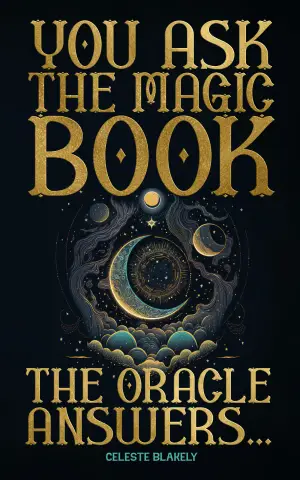I recently finished Think Again by Adam Grant, and I must say that it was a thought-provoking journey worth every page. As someone who enjoys both psychology and personal development, this book piqued my interest immediately. The idea of rethinking and unlearning, especially in today’s fast-paced world, is incredibly relevant, and I was excited to delve into how embracing mental flexibility can lead to both professional success and personal wisdom.
Grant, the #1 New York Times bestselling author of Give and Take and Originals, beautifully articulates the importance of questioning our opinions. He does this by diving into the concept of intelligence beyond mere knowledge—illustrating how the ability to rethink and unlearn might be the most critical skill we can develop today.
One of the most rewarding aspects of the book is its ability to make you reflect on your own biases and preconceptions. For instance, in the words of Ryan Boissonneault, Grant explores how arrogance often plagues those who lack true knowledge, while it’s those who are humble and willing to acknowledge their mistakes who can truly learn and grow. This is something I resonated with deeply, as it encouraged me to embrace the idea that being wrong isn’t something to fear but rather a pathway to personal growth.
Additionally, the writing is both engaging and accessible, making complex ideas digestible for a wide audience. Grant’s anecdotes—whether it’s about a black musician changing white supremacists’ views or the nuanced complexity of climate change arguments—are not just compelling but also serve as practical demonstrations of the book’s core ethos. They illustrate how effective communication and persuasion are less about rigidly holding to one’s beliefs and more about fostering mutual understanding.
However, the book isn’t without its drawbacks. While I appreciated the insights immensely, a few sections felt a bit repetitive. It seems Grant emphasizes certain points multiple times, perhaps to drive them home, but this could also be seen as lengthening the reading unnecessarily for some.
Moreover, although Grant touches on how to handle discussions with people who are entrenched in their beliefs, I found myself wishing he would dive deeper into dealing with bad faith actors—those who argue not for understanding but for dominance. This is a relevant issue today, and exploring strategies for handling such situations could have made the book even more comprehensive.
Overall, Think Again exceeded my expectations. It invited me to reflect on my thinking processes, not once but repeatedly throughout the book. Its core idea—that we must prize mental flexibility, humility, and curiosity over consistency—resonated deeply with my own experiences and aspirations.
To sum up, I would highly recommend Think Again to anyone interested in self-improvement, communication, and leadership. Adam Grant’s exploration of rethinking offers both clarity and actionable insights that are not only relevant in the workplace but also enrich one’s personal life. If you’re ready to embrace the complexities of your own beliefs and cultivate a continuous learning mindset, then this book is an excellent companion on that journey.








